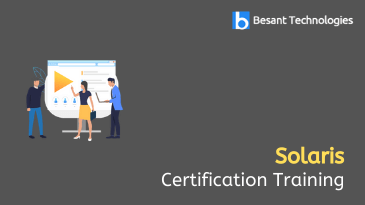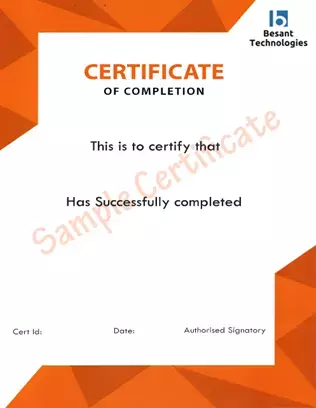Answer 3 Simple Questions
Get upto 30%* Discount in all courses. Limited Offer. T&c Apply.
Register nowCorporate Training
If you want to give the Trending technology experience to your esteemed employees, we are here to help you!
Group Discount
If you have Three or more people in your training we will be delighted to offer you a group discount.













